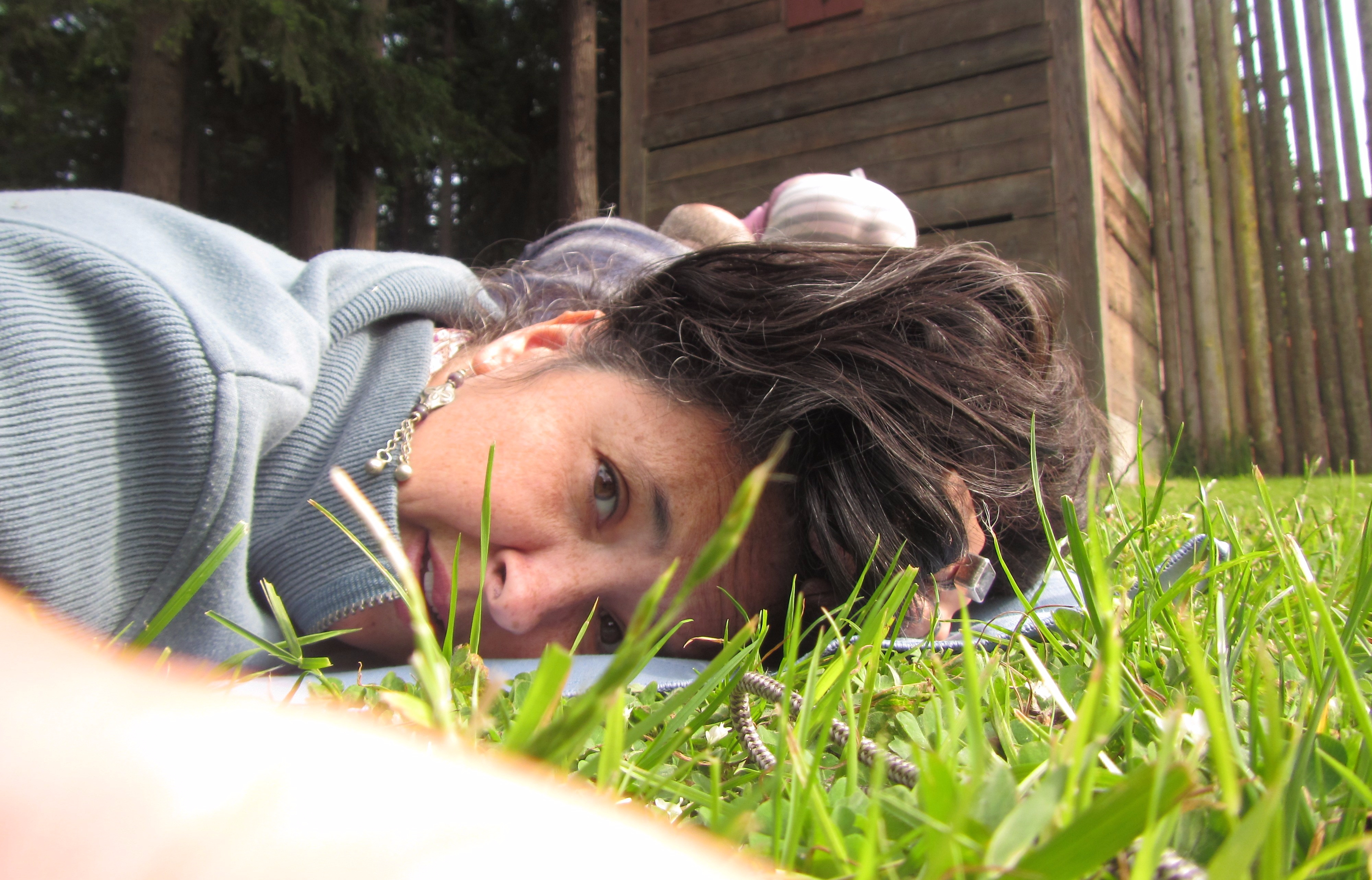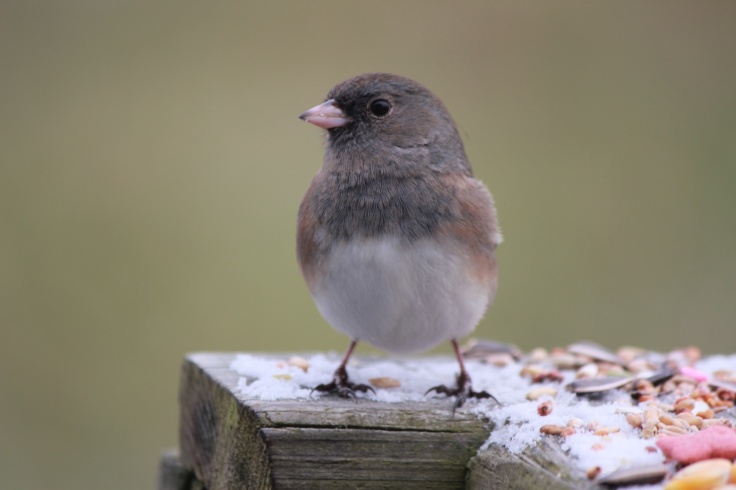A few weeks ago, I reread a series of online newspaper columns I’d written in 2011. The writing was clear, informative and grammatically sound, but it was also boring as shit.
Around the same time, I picked up a copy of “To Show and To Tell” by Phillip Lopate*. In this book, dedicated to the craft of “literary nonfiction,” Lopate writes that nonfiction authors must not shy away from revealing their authentic selves, regardless of how flawed, weird, or even dull, they believe themselves to be. Ultimately, he writes, even when the subject is not memoir, it’s the writer’s unique perspective, their “character,” that makes their work engaging.
Lopate had me see that, in too completely concealing my origins and point of view — a Puerto Rican Jew from the Bronx, a person-of-color passing as white, perpetually angry about abuses of power, and equally passionate about the possibility of a just world — I’d omitted aspects of myself that might have made my articles compelling, rather than just informative.
In contrast, in “Between The World and Me,**” Ta-Nahesi Coates’ anger, defiant atheism, confusion and despair inform every page, as do his tender love for his son and his grief for an old friend. He is frank about childhood fears, his inability to master the streets, and the fact that he cannot identify the answer to racism in the United States, only the problem, and the tragedy, that it is.
But through a lens of what might be regarded as imperfection, an intellectually persuasive and emotionally forceful human being emerges. It is no accident that the book has become a phenomenon and that, despite insisting on his own limitations, Coates — or rather, the narrative “character” he created – has become a prophet to many.
This is why editing is about so much more than just debugging and polishing your grammar, syntax and structure. It’s also about enhancing your voice so that readers not only acquire a new understanding of your subject, but also gain a greater understanding of who you are, as a writer and a human being.
*Lopate, Phillip. “On The Necessity of Turning Oneself Into a Character.” To Show and To Tell, The Craft of Literary Nonfiction. New York: Free Press, 2013.
** Coates, Ta-Nehisi. Between the World and Me. First edition. New York: Spiegel & Grau, 2015. (edited by Christopher Jackson, yay!)



 As I prepared to write today, I looked up from my keyboard and saw a sparrow in the rhododendron outside my window. As I often do, I immediately dug into the symbolism associated with the animal and
As I prepared to write today, I looked up from my keyboard and saw a sparrow in the rhododendron outside my window. As I often do, I immediately dug into the symbolism associated with the animal and 


 You wouldn’t believe what’s gone down in the last few weeks.
You wouldn’t believe what’s gone down in the last few weeks.
